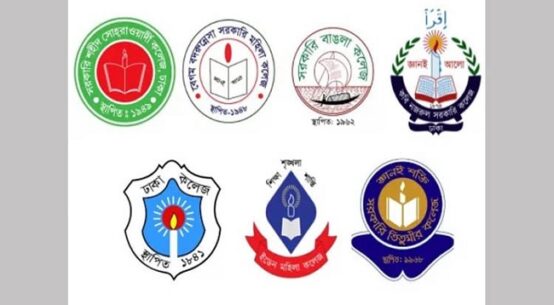The Food and Agriculture Organization (FAO) of the United Nations officially handed over the FAO recommendations on the pesticide rules to the Department of Agricultural Extension under the Ministry of Agriculture at a workshop organised today.
Representatives from the Ministry of Environment, Forest and Climate Change (MoEFCC) participated in the workshop on collaboration in relevant component of the projects, a FAO press release said.
Saso Martinov, Senior Technical Advisor, FAO Bangladesh; and Dr Fahmida Khanom, Additional Secretary (Development) MoEFCC; participated the event with Ashraf Uddin, Director, Plant Protection Wing, Department of Agricultural Extension; in the chair.
The government of Bangladesh, in collaboration with FAO, is taking crucial steps to update the Pesticide Rules under the Pesticide Act of 2018, prioritising public health and environmental protection.
This collaborative effort aims to incorporate international best legal practices into the pesticide regulations and ensure the safe and responsible use of these chemicals in the country. The initiative is done under the Persistent Organic Pollutants (POPs) project that is funded by the Global Environment Facility (GEF).
Saso Martinov, FAO Senior Technical Advisor, said: “This is an important step in managing pesticides that are used in agriculture in Bangladesh.
FAO team has handed over its recommendation on the pesticide rules today and will continue to support the government of Bangladesh in its efforts to reduce the risks of pesticides following FAO’s 4 Betters including a better life and a better environment.”
Dr Fahmida Khanom highlighted FAO’s support in Bangladesh’s achievement of becoming free from DDT (Dichlorodiphenyltrichloroethane) and said “The government now wants to focus heavily on proper handling and recycling of toxic pesticide containers and the recommendations will work as a buffer for future activities.”
One key focus area of the Pesticide Rules is the transparent and comprehensive pesticide registration process, overseen by the Director of the Plant Protection Wing of the Department of Agricultural Extension under the Ministry of Agriculture.
A great majority of citizens of Bangladesh rely on agriculture for food security. Improper pesticide use can lead to residues exceeding safe limits on food crops, posing health risks to consumers. In addition, unregulated pesticide use can harm beneficial insects, pollute water sources, and contaminate soil, jeopardizing biodiversity and ecosystem health. Stringent registration enables evaluation of potential environmental impacts as well as risks to human health before allowing pesticides into the market for consumers.

